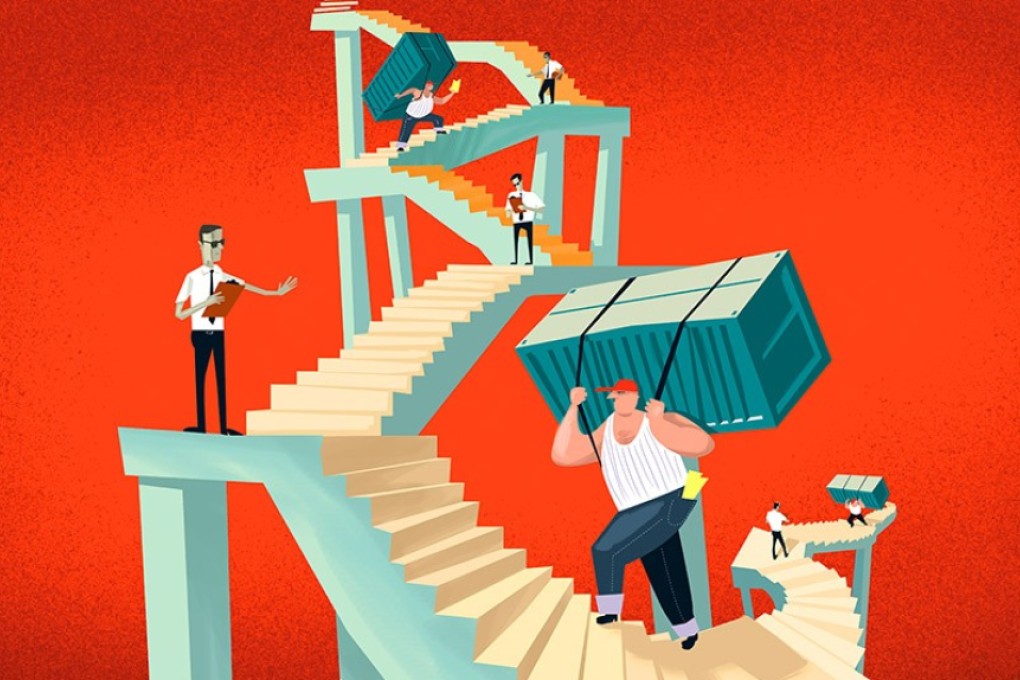Politico | How China is finding new ways to use red tape to tie up US firms during the trade war
- As well as tariffs, US companies are facing unofficial barriers such as surprise inspections, increased costs and extra bureaucratic hurdles
- Companies complained about inspections and rising costs, but difficult to correlate directly with trade war

This story is part of an ongoing series on US-China relations produced jointly by the South China Morning Post and POLITICO, with reporting from Asia and the United States.
As the trade tensions escalated between the United States and China earlier this year, American cherry exporters in Washington state unexpectedly found their customs processing slowing at the Chinese border.
Increased, and unannounced, inspections started in late May and in early June. The result was that shipments into mainland China became backed up, leading to some cargoes rotting in the docks and forcing exporters to divert their produce so it could be sold before it spoiled.
Then, almost as suddenly as they were put in place, the increased inspections suddenly went away, said Keith Hu, director of international operations at Northwest Cherry Growers.
“We are out of the season right now, and I am hoping for the best next June,” Hu said. The trade group estimated in November that tariffs and other barriers have cost the industry US$89 million in lost sales this year.
As President Donald Trump escalated trade tensions throughout 2018, extra scrutiny and inexplicable shipment rejections are symbolic of the pitfalls American firms doing business in China have faced beyond merely tariffs.